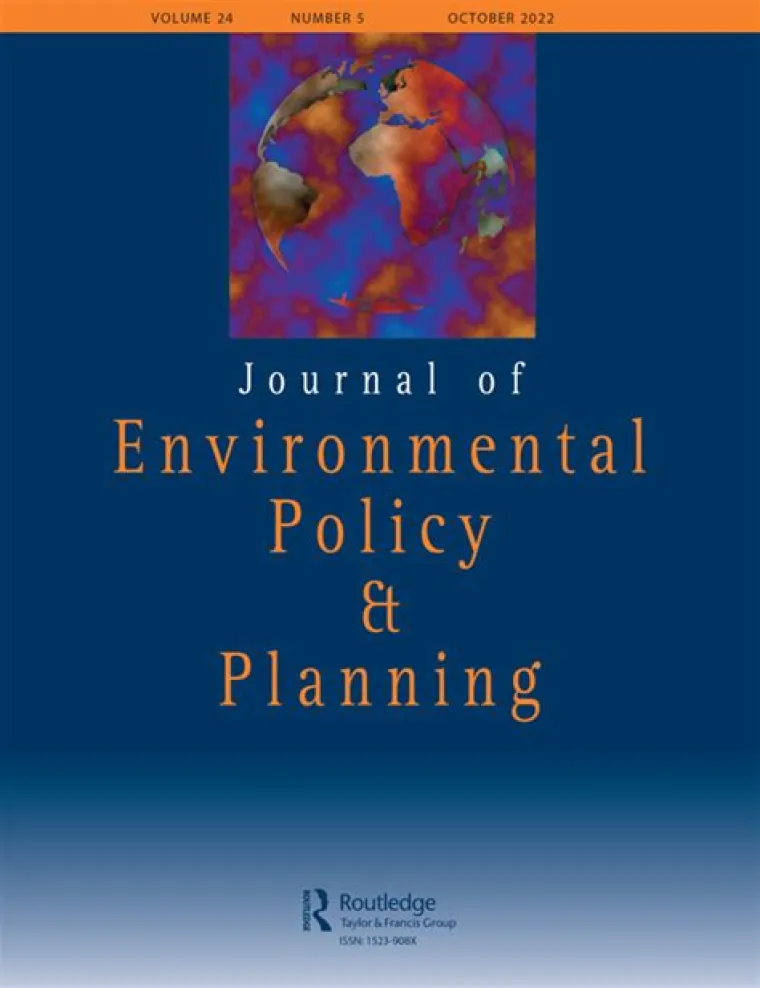Heat is an increasing climate risk for cities due to climate change and the urban heat island effect. Extreme heat has inequitable impacts across social, economic, and urban environmental systems. Despite increasing awareness of heat risk, the planning and governance structures for mitigating and managing heat are less understood than those for other climate risks. We studied five large, climatically-diverse U.S. cities to better understand urban heat governance with a focus on the field of urban planning. We first conducted a plan evaluation of these cities’ comprehensive, climate action, and hazard mitigation plans (n = 14) and then interviewed urban planners, resilience professionals, hazard mitigation planners, emergency managers, and public health professionals (n = 22). We found that aspects of heat planning occur across a variety of municipal plans but only a small number of strategies were explicitly framed in terms of heat, suggesting an opportunity to better connect heat with other policy goals. Urban planners tended to play a backseat role relative to other professions, despite the field’s importance for reducing heat-related inequity. Better understanding the role of urban planning within broader governance structures can help policymakers to best engage in heat mitigation and management.


